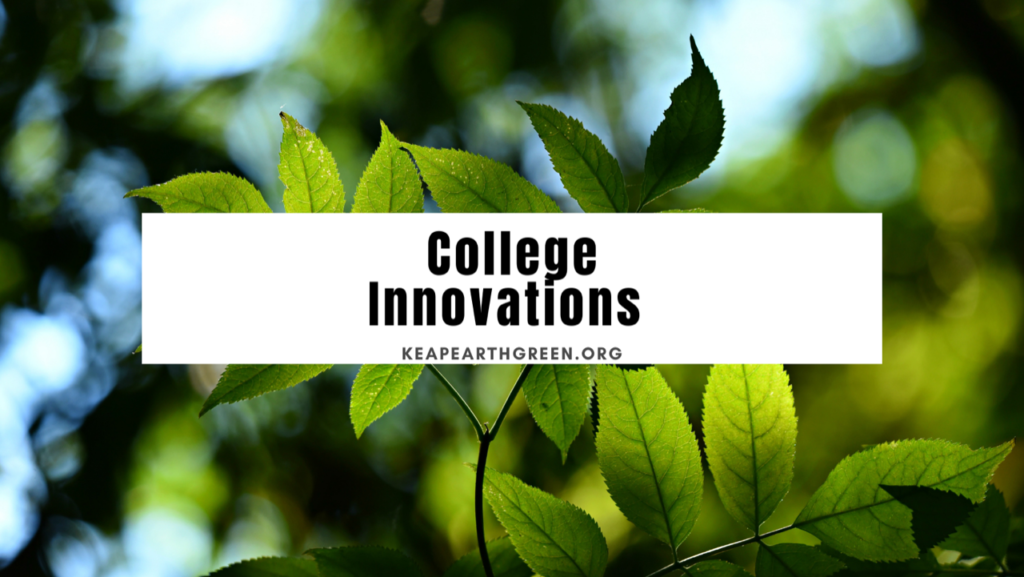
The climate change fight is not just made up of students and citizens, it’s made up of colleges trying to implement sustainable practices.
Today, we’re talking about initiatives from two colleges in the United States : Vanderbilt University and University of Michigan.
In May, Vanderbilt announced they were going to reach carbon neutrality years ahead of its original goal : 2050. Vanderbilt is collaborating with a nonprofit organization called Climate Vault, which works to provide solutions for carbon reduction using government regulated markets.
What that means is that every time Vanderbilt buys a pollution-allowance permit through Climate Vault, another permit is removed from circulation. The removed permits are either used to give grants for new carbon removal solutions or they are “permanently retired”.
This process has allowed Vanderbilt to become of the first member of the Association of American Universities to achieve carbon neutrality, setting a precedent for other universities.
Although University of Michigan has not achieved carbon neutrality yet, it is still making headway on sustainable projects, specifically one called the “Clean Sheet Project” where University of Michigan focuses on recycling throughout the car manufacturing process.
Specifically, the Clean Sheet Project is looking for higher production of lightweight sheet metals from recycled materials. This is a huge focus in the automotive industry right now and many staff members at University of Michigan think that succeeding in this goal will a large step on the way for more sustainable practices.
Want to learn more about these universities and their projects? Watch for more news of their website or if you want more information on the projects in this article click here (for Vanderbilt) and here (for University of Michigan).
